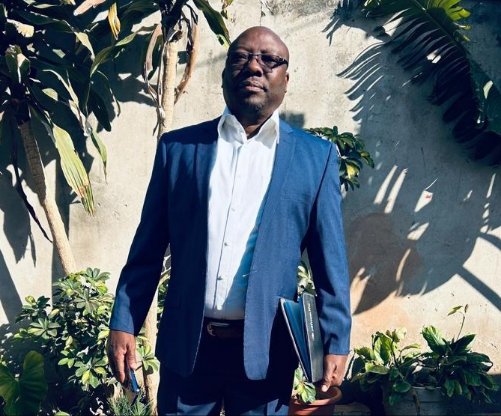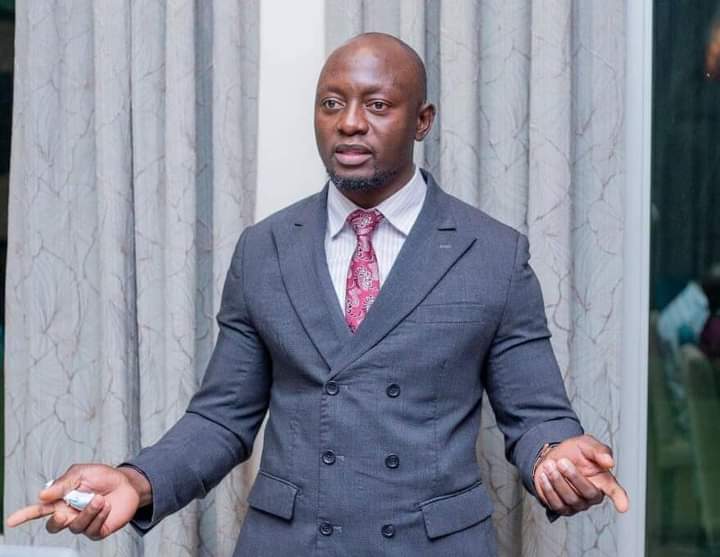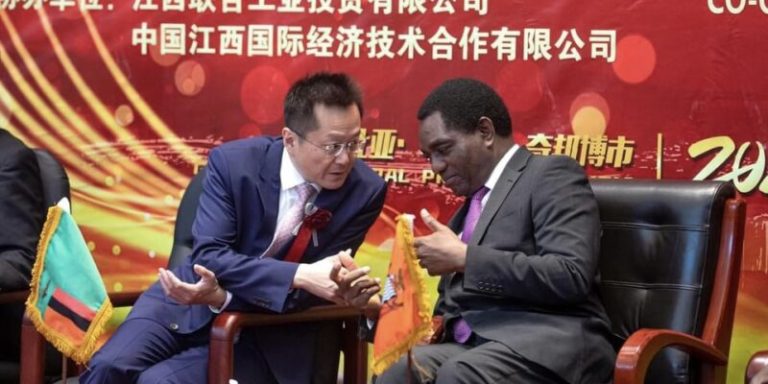
The BRICS bloc could reshape the geopolitical landscape and tilt the power from the West to the East, putting the U.S. Dollar, Euro, and the Pound on the verge of losing their supreme status.
Lusaka, May 20 – Leaders from the G7, a club of large rich democracies, began their annual summit on Friday in Hiroshima, Japan.
The group’s relevance has faded as its economic heft has declined: members’ share of global GDP in nominal terms was less than 45% in 2021, down from almost 70% in the late 1980s.
But the need to co-ordinate assistance to Ukraine and sanctions against Russia has given the G7 fresh purpose. Volodymyr Zelensky made a scene-stealing arrival on Saturday, as world leaders issued a veiled warning to China.
Besides addressing key topics such as nuclear non-proliferation and climate change, their joint final statement talked about their commitment to the Indo-Pacific region, which they tried to demonstrate by inviting countries such as Indonesia, India and the Cook Islands.
They stressed their support of South East Asian and Pacific countries, which have been heavily wooed by Beijing, and called for a “free and open Indo-Pacific” – rhetoric used in the past in response to China’s territorial claims in the South China Sea.
[ays_poll id=4]
More importantly, the leaders took a strong stance against what they called “economic coercion” – using trade to bully other countries – and called for China to “play by international rules”.
China on Saturday expressed “strong dissatisfaction” with the G7’s joint statement, and complained to the summit organiser Japan, Beijing’s foreign ministry said.
Also Read: The dark side of the US coercive diplomacy.
Meanwhile, a total of 41 countries are interested in accepting and trading with BRICS currency when it launches on the International stage. China and Russia are convincing other countries to ditch the dollar and be a part of the new financial order. The countries that have shown interest to accept the BRICS currency hail from both Asia and Africa. They also include oil-rich nations from the Middle East.
The BRICS bloc could reshape the geopolitical landscape and tilt the power from the West to the East. If it expands to BRICS+, the Western powers could face a new challenge as their GDPs would be bigger than European nations. Therefore, the U.S. dollar, Euro, and the Pound are now on the verge of losing their supreme status.
Also Read: This is a wrong time to align Zambia with the US with a changing geopolitical landscape.
The U.S. pressing sanctions on developing nations led to the idea of forming a new currency for cross-border transactions. By ending reliance on the dollar, Eastern countries can trade with their counterparts using native currencies. The move will bolster their local economies and make large and small businesses thrive. Trading with native currencies is cheaper and faster with no risk of debt that the U.S. dollar brings to the table.
The countries that have shown interest to join the BRICS alliance are Afghanistan, Algeria, Argentina, Bahrain, Bangladesh, Belarus, Egypt, Indonesia, Iran, Kazakhstan, Mexico, Nicaragua, Nigeria, Pakistan, Saudi Arabia, Senegal, Sudan, Syria, the United Arab Emirates, Thailand, Tunisia, Turkey, Uruguay, Venezuela, and Zimbabwe.
In addition, many African countries are on the sidelines and could announce their support when the BRICS currency is launched. Read here to know why Africa is interested in BRICS and not the U.S. dollar anymore.
BRICS comprises five countries Brazil, Russia, India, China, and South Africa. The alliance could soon expand and become BRICS+ in a joint effort to take on the U.S. dollar’s global status.
You can now follow Woodpecker’s Digest on Twitter and Facebook!
©2022 Woodpecker’s Digest Inc.
Putting news into perspective







